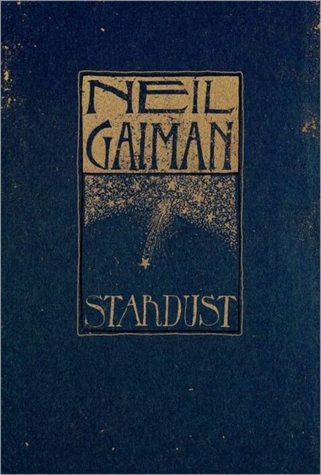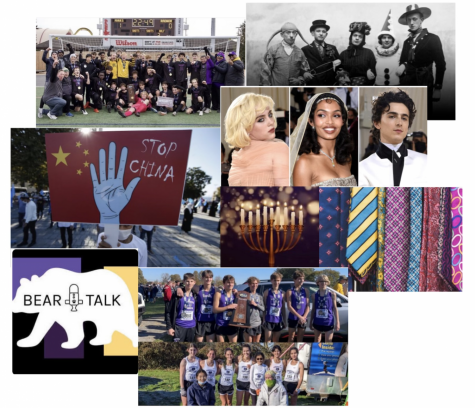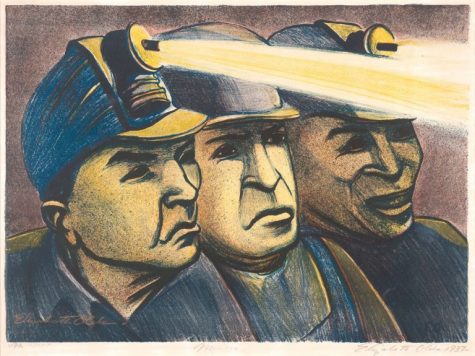Between the Lines: Monthly Book Reviews
January: Stardust by Neil Gaiman

Stardust is a fairytale, fitting in far better with the likes of Grimm than of Disney. The tale follows Tristran Thorn, a lovesick eighteen-year-old who foolishly promises his crush that he will find a fallen star and give it to her in return for her love. He travels betwixt worlds and into the forbidden land behind the wall his village is named after in order to secure the star, and finds himself entangled in a race to find the star and bring it back to Wall before anyone else can get their hands on it. There’s only one problem: the star is a woman, and she is not willing to cooperate with Tristran’s plan. Injected with a healthy dose of Gaiman’s trademark darkness, the book reads like a nightmare imbued with all the best tenets of a fantasy novel: danger, bizarre creatures, romance, and a strange world where it all takes place.
One of the many delights of Stardust lies in Gaiman’s knack for vivid description. Whether it be an old witch, a bird, or a simple village, the descriptions of these things allow for the author’s vision to be easily seen in the mind’s eye, yet leave a bit up to the imagination. This allows each reading of the book to be unique based on the reader. Even the fantastical things featured in the book are easy to picture thanks to Gaiman’s descriptive diction.
Stardust also stands out because of its dark undertones, which should be expected when reading anything with Gaiman’s name attached. At times, the story takes wonderful turns towards the gruesome and graphic. I am not one to be easily grossed out, so it was even more surprising to me when a particular part in the story involving a dead unicorn made me cringe aloud. This simply goes to show that Stardust is not the typical fairytale, and, if anything, worth reading for its ingenuity in terms of being unexpectedly (and delightfully) dark.
Gaiman’s writing style is indefinable—at times romantic and flowery, or clever and cold, or texturized and intriguing. Stardust does not fit neatly into any one category. It is a fantasy, yes, but it also has thematic elements pulled straight from the romantic, horror, and thriller genres. Do not be deceived: despite its small size, Stardust spans an unimaginably large universe, to be enjoyed by legions of Tolkien lovers and Gaiman fans alike. Of course, if you don’t fit into either of those categories, don’t fret—Stardust doesn’t either, and it’s bound to have something for everyone.






